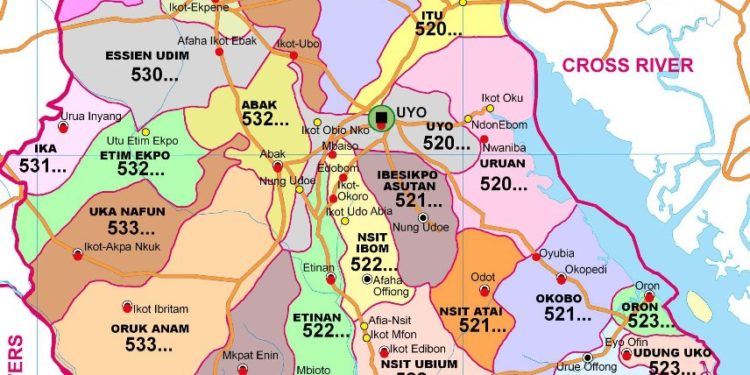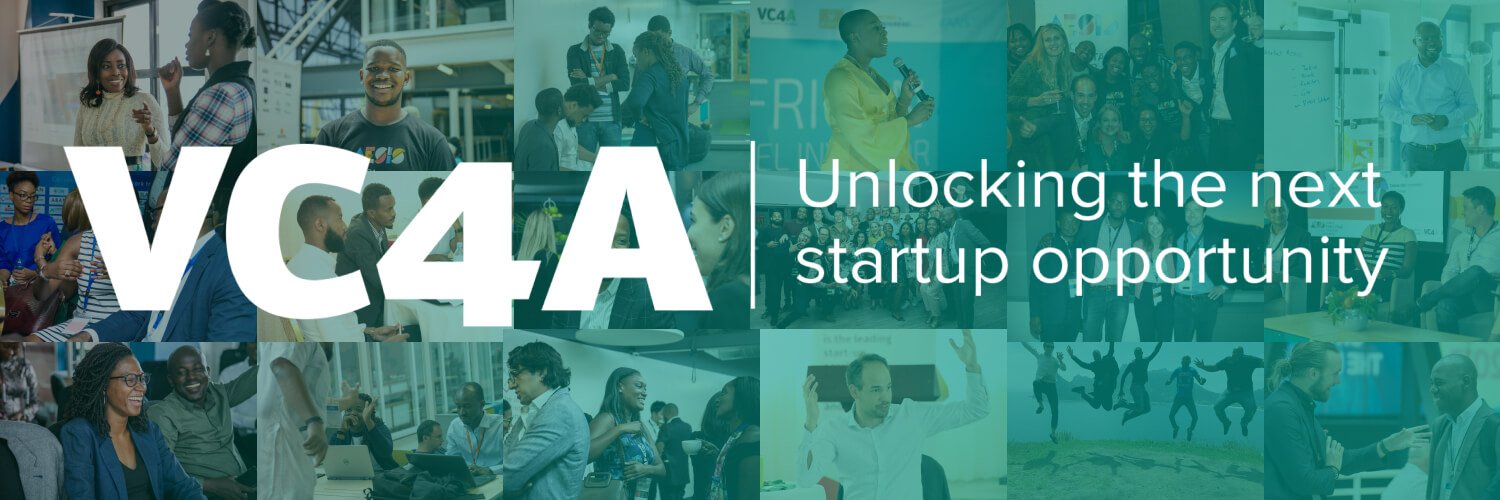Apart from the debilitating institutional corruption that has been the bane of our society, in the public and private spheres, one major challenge of macro-economic planning is the inability to weave effective linkages and balance between competing sectoral demands in relation to scarce resources, and with respect to time and peoples’ growth. Oftentimes this happens, not for the lack of ideas within the public sphere, but due to unhealthy leadership rivalries, the idiosyncratic proclivities of economic managers, and, worst of all, differing schools of thought in a continuously pluralistic society.
It is the magnitude of these propensities that colour policies and their resultant manifestations in development. What usually triggers change and re-thinking are sporadic natural/intervening occurrences which, in the course of existence, were not anticipated. In this case, the COVID-19 trajectory, which has opened the underbelly of world economies, whether developed or developing.
Most Akwa Ibom people know that our resource profile, so long as we depend on oil proceeds, is fragile. Not a few also know that the oil market is an agglomeration of diverse world interests fraught with high wire conspiracies. There is also the unfolding reality that the single ‘commodity’ that is supplanting oil effortlessly is technology which, unfortunately, we have very little foothold in. The advent of coronavirus added a completely new twist to the situation, which has accelerated the pace of oil’s senescence. Thus, when Akwa Ibom State governor, Mr. Udom Emmanuel, acted proactively in setting up the Post-COVID-19 Economic Reconstruction Committee to reconstruct the State’s economic fundamentals vis-à-vis the emerging new world order and the need for him to finish strong and lay the foundation for an enduring future for the State, even cynics agreed that the right cord had been struck on the road to a paradigm shift in the State’s economic development planning process. I thank him profusely for that.
Professor Akpan Hogan Ekpo, an erudite economist and the Committee’s chairman, in submitting the Committee’s Report on the 9th of June galvanised the salient issues that underlie the Committee’s recommendations. The high points look to me like the prescriptions handed over to Moses on Mount Sinai – blind to sentiments, crisp, salient, robust, omnibus, and manifestly sincere. The Committee deserves accolades, more so given the incredibly short span of time allowed them. If the chairman’s speech was plain honest and the accompanying report illuminating, the governor’s reaction, in setting up an implementation Committee immediately, further demonstrates his passion for the assignment and the fact that he never saw the Committee’s creation as one of those political foot-works in the rain that is washed away by the corresponding running water; in this case politics. Students of managerial economics know that the greatest enemy of economic growth and development is the distance between policy pronouncement, interpretation, and implementation. In this, the governor has demonstrably shown commitment to the report’s implementation.
Let’s not take it from him, one can easily discern the professionalism and obvious political impersonality that characterise the choice of the Implementation Committee that the governor put together. It is indeed a certification of his knowledge as an accountant that engages issues in a manner devoid of emotions and sentiments. Professor Ekpo, the chairman of the team, is a former vice chancellor of the University of Uyo, who doubled as chairman of the Akwa Ibom Investment Promotions Company during Obong Attah’s regime. He is also a former director of Nigeria’s Central Bank, a former director-general of West African Institute of Financial and Economic Management, and an accomplished World Bank economic consultant. Professor Emmanuel Onwioduokit, the secretary to the team, is an accomplished professor of Economics at the University of Uyo, and former commissioner for Economic Development. Onwioduokit understands the challenges of re-inventing an economic system of the type we are engaged in.
One thing the Committee said that is of major significance is that “this COVID-19 also creates limitless opportunities for new businesses to emerge”. According to him, the circumstances of COVID-19, despite its human and business morbidity, is “an opportunity to re-set the State economy”. Of course, out of every adversity emerges opportunities for those who are ready to think. One of such reality is an alternative economy free from the shackles of oil politics.
Governor Emmanuel should please go one step further and ensure that the 30-year perspective plan (2021 to 2050), broken down into five-yearly implementation components, enjoys justiciable status by an enactment of the House of Assembly. By that, hopefully, we can forestall the sad practice of abandonment of plans by subsequent governments.
Second, mindset change is a long term issue. Sociologically, attitudes take as much as twenty years to change. The social engineering process is expensive. It is painful, and the benefits are realisable only many years after. Thus courage is required by the current dispensation, and subsequent governments, to enforce change, and spend to make it happen, the initial pains notwithstanding. Attitude can impel or impede the success of the best plans. The public needs a lot of tutorial on some of what have come to be seen as the new normal in our clime. Even though the civil service is a good place to work, we need to let the young ones come to terms with the reality that there is life outside the civil service, and that opportunities for life-time careers abound outside government offices. This is the type of mindset to build for the future, which as the Committee said, should be backed by creating new openings in the private sector and even self-employment.
Third, there is the need to deliberately finance, restructure, and professionalise the state’s investment desk to respond to the nuances of the private sector if the value chain in agriculture and the contacts with investors, hinted by the Committee and the development of SMEs are to grow faster and bear fruits. The current incentives and our overall investment profiling could be improved to meet more investors’ interests and expectations. The golden rule is that investment goes to where it is wanted most; and with increased public service efficiency and confidence in the system, Akwa Ibom would be a preferred business destination.
Fourth, recapitalising and revitalising Akwa Savings Limited is necessary only if government sets a timeline to exit the business and sell out shares to investors; otherwise, it may return to its former moribund status. This goes for most government-run businesses which should have timelines for privatisation or commercialisation. Of what use is a hundred per cent shareholding in a business that yields zero profit? Wouldn’t it be better to rather sell off Tropicana Event Centre, for instance, than leave it to grow weeds? It would appear that the problem of the public service in managing business is to sustain a sphere of influence than the profit motive. It is a selfish principle.
Fifth, you don’t plan without numbers, benchmarks and performance indicators (action standards). All over the world, evidence-based policies and governance is the rule. A properly funded bureau of statistics is necessary, as recommended by the Committee. With it, we generate secondary and primary data from socio-economic surveys.
Sixth, it is a well-known African proverb that the hen reserves its last eggs in its uterus, just if any predator takes the ones it has already laid. We need a special reserve fund account from the monthly off-take from the federation account. There will always be a rainy day; and it is such reserves that restart an economic system, should it experience disaster as we are seeing from this COVID-19. I subscribe to the need for a State Economic Council to serve as a think tank and moderator to economic development. Except the heavenly bodies, one cannot see another’s back while dancing.
Finally, the Committee recommended areas of revenue generation to buoy up the State’s revenue base and reduce the apparent deficit from the crashed oil price. I think we should add property tax to it. We can make more funds from a formalised informal sector of our economy as well. By economically energising that sector, we reduce poverty and automatically improve the capacity to pay tax. We can strengthen our highly weakened traffic regulations and environmental laws. Government should recognise and empower private sector operators and make the few viable and well managed ones grow into global brands. Let us please reduce political content in our economic planning process. Akwa Ibom is truly a land of limitless opportunities.
Etokowo Owoh, a researcher, management consultant, and author, writes from Uyo.










